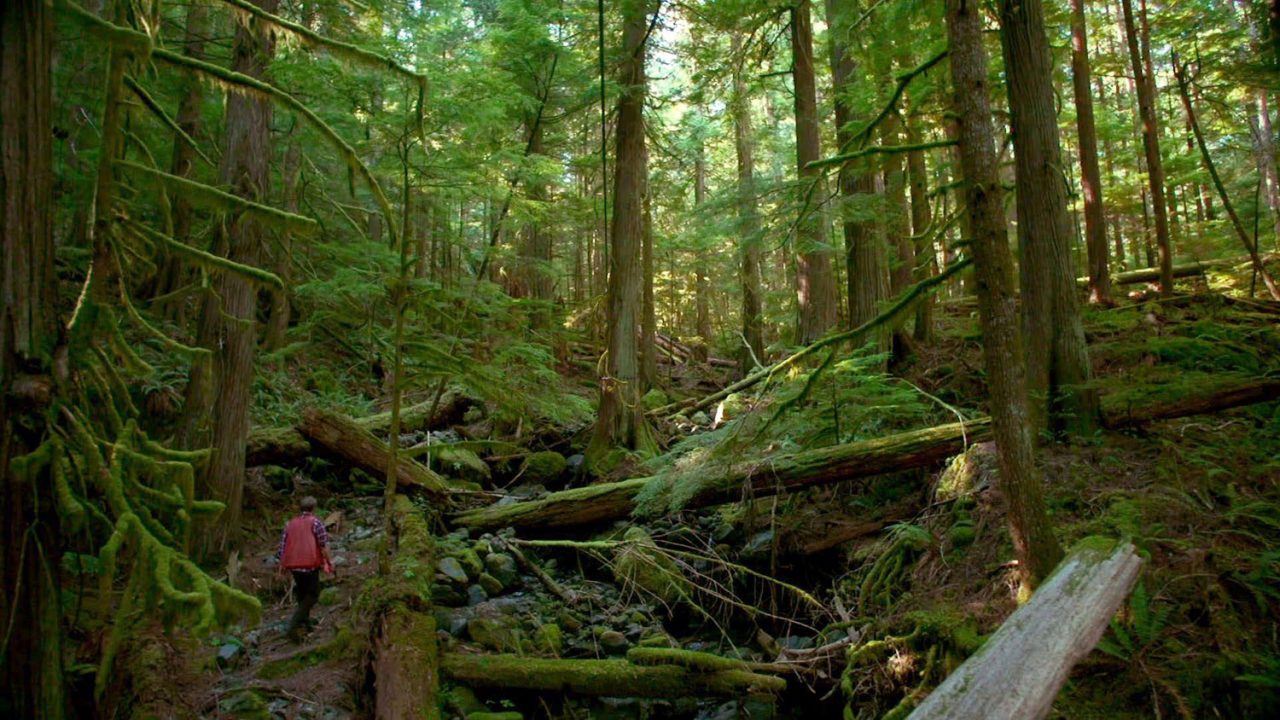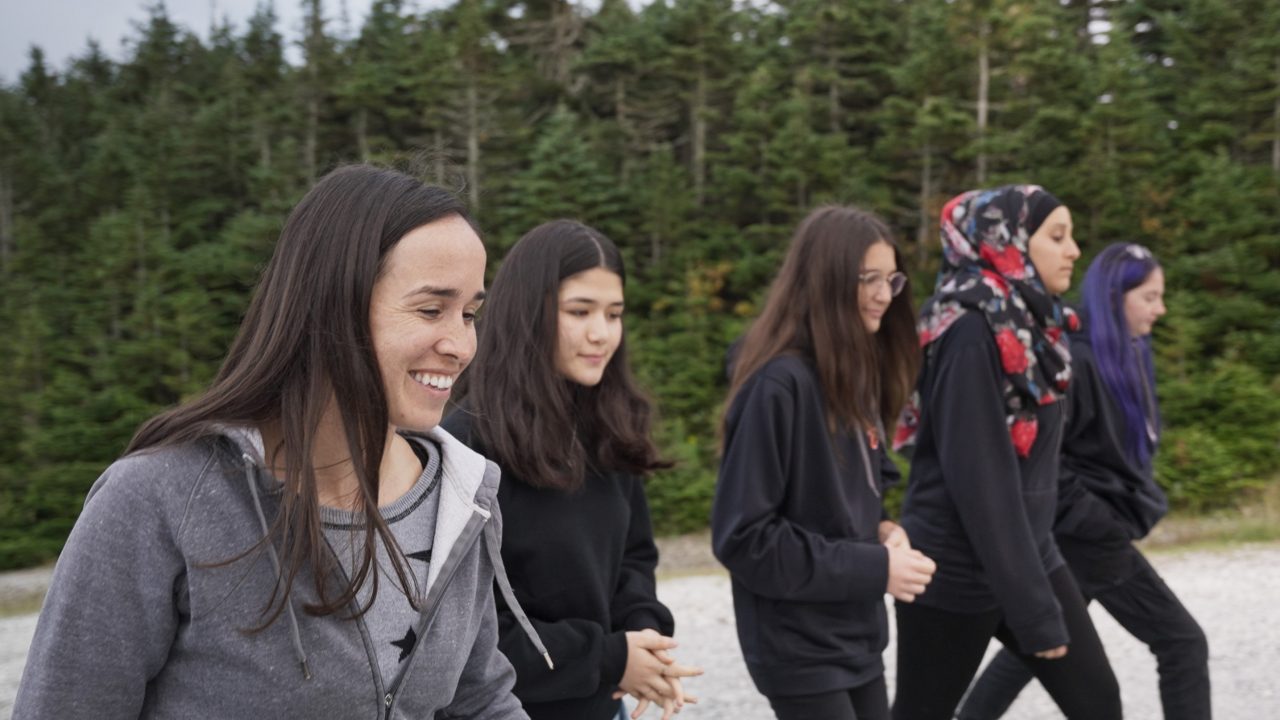
Teach Citizenship Education Through Animated Films
Teach Citizenship Education Through Animated Films
For Black History Month, teachers have a unique opportunity to connect students to the history and the social and cultural contributions of Black people in Canada.
These animated films make conversations around Black History Month possible with students while highlighting aspects of citizenship education. As teachers, we have a front-row seat to the increasing need for our students to develop capabilities needed in the 21st century, capabilities such as the ability to speak the truth, to think both critically and historically, and to celebrate and collaborate across differences.
Joe
Joe, Jill Haras, provided by the National Film Board of Canada
AGES: 5-8
This animated short set in the early 20th century, tells the story of Vancouver’s first Black lifeguard, Joe Fortes. The film highlights his perseverance and dedication to being of service to those around him, particularly children and families, in a time characterized by racism and segregation.
QUESTIONS & ACTIVITIES
- Through watching Joe, students can ask questions about his context and his resilient contributions to his community despite the challenging conditions of the time.
- Questions may focus on identifying characters in the film, learning about the historical period and asking who is not represented or shown in the film.
- Students can engage with media-literacy concepts like: how might the film be different if Joe himself were telling the story?
Christopher Changes His Name
Christopher Changes His Name, Cilia Sawadogo, provided by the National Film Board of Canada
AGES: 5-11
This film helps students reflect on their character traits, values and habits of mind joyfully. The film playfully portrays a young protagonist in various spaces: his classroom, his home life, his basketball game and the bank. It fundamentally asks: how can we come to accept ourselves as we are while also continually defining ourselves? It offers a glimpse into the life of a Black Canadian citizen.
QUESTIONS & ACTIVITIES
- What qualities and attitudes are needed to build communities that make room for everyone’s shared history?
- Students can carry out an activity on the origins of their names, even leading to a take-home project where children ask family members and caregivers about the histories of their first and last names.
- Students can also create their family tree, writing something about the role that different people play in the family, including themselves.
Black Soul
Black Soul, Martine Chartrand, provided by the National Film Board of Canada
AGES: 9-14
Black Soul beautifully traces Black culture and history through a boy’s relationship with his grandmother. It highlights themes of personal belonging within a cultural group, a community and a family. The film explores identity through cultural expressions and history associated with one family. Building on this wholeness, it is a film about stepping into the future based on one’s Black cultural heritage, making it a significant contribution to conversations throughout Black History Month and at any other time of the year.
ACTIVITIES
- In addition to carrying out historical research projects, students can research the work of contemporary Black Canadian artists—filmmakers as well as visual, musical and textile artists. This project could even focus more specifically on the Black artists from their region, inviting them to create works inspired by the elements found in the artist’s original pieces.
- Students could document the process of creating their art to build appreciation for the value of artistic work in forming cultural identity.
The Big Reset: Governance
The Big Reset – Governance, Ho Che Anderson, provided by the National Film Board of Canada
AGES: 11-14
This film explores the role and impact of the structures and systems of society on Black and other communities. The film introduces and explains concepts such as race, culture, class and gender, as well as intersectionality and privilege, all of which lay a rich foundation for conversations that invite students to reflect on their own experiences engaging with these structures and systems.
Governance invites students to think critically about how society currently functions, and the possibilities for restructuring systems in ways that are more characterized by justice and equality for all people. At a critical level, the film helps students identify various systems in society and their purpose, while also examining the power individuals have and how it can serve the common good. The following questions and activities will lead to rich discussion.
QUESTIONS & ACTIVITIES
- How can power be used for social good?
- Students can express their reflections through creative work. For example, making a collage with images of power as seen in nature, or around the prompt in the film: “Imagine a world where nobody feels vulnerable, unsafe or oppressed.”
- Students can create a vocabulary list from the film and then specify which words are associated with power.
- Students can draw inspiration from the moment in the film where the narrator invites us to move from thinking of being invited “to the table,” to questioning “whose table is it?,” to realizing: “I want to build something from the ground up!”
- Students can also carry out research projects focused on Black female activists and their efforts in the community.
These four animated shorts and their extension activities offer opportunities to become more engaged, compassionate, active, resilient and critically minded citizens. The earlier in their education students actively engage with creative content that emphasizes Black history and the contributions of Black Canadians, the more they can appreciate the shared history of the groups within Canada and, specifically, members of their community.
Andrea McLean is a creative artist, vocalist and educator who has worked with children and youth in schools and the community for two decades. As a Black woman who has been both in front of and behind the desk in the Canadian context, she seeks to engage young Canadians with the arts to help them acquire the tools needed to contribute to their communities.
Pour lire cet article en français, cliquez ici.
Discover more Educational blog posts | Watch educational films on NFB Education | Watch educational playlists on NFB Education | Follow NFB Education on Facebook | Follow NFB Education on Pinterest | Subscribe to the NFB Education Newsletter



